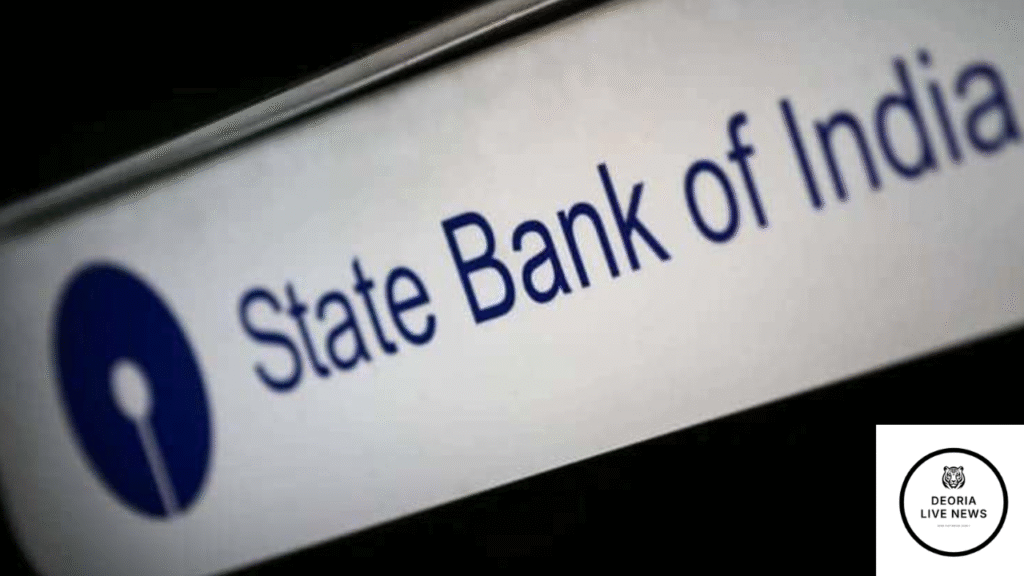
India’s largest public sector bank, State Bank of India (SBI), is preparing to raise around $2.9 billion (approx. ₹24,000 crore) through a share sale, which could happen as early as next week, according to reports. The move is aimed at strengthening the bank’s capital base and supporting its growth plans.
The share sale is expected to take place through a Qualified Institutional Placement (QIP), meaning the shares will be offered primarily to institutional investors like mutual funds, insurance companies, and foreign investors. While SBI has not officially confirmed the exact timeline, sources suggest the groundwork is nearly complete.
This step comes at a time when the Indian banking sector is witnessing steady growth. With rising credit demand, improving asset quality, and higher profitability, SBI is in a strong position to expand further. The additional capital raised through this share issue will help SBI maintain a healthy capital adequacy ratio, meet regulatory requirements, and invest in areas like digital banking and infrastructure.
What does this mean for retail investors?
Retail investors won’t directly participate in the QIP, but the long-term benefits could be significant. Improved capital strength and growth prospects may positively impact SBI’s stock performance in the near future.
SBI’s last major capital raise via QIP was in 2021, and since then, its stock has shown strong performance. With this fresh round of funding, SBI aims to continue leading in both retail and corporate banking segments.

